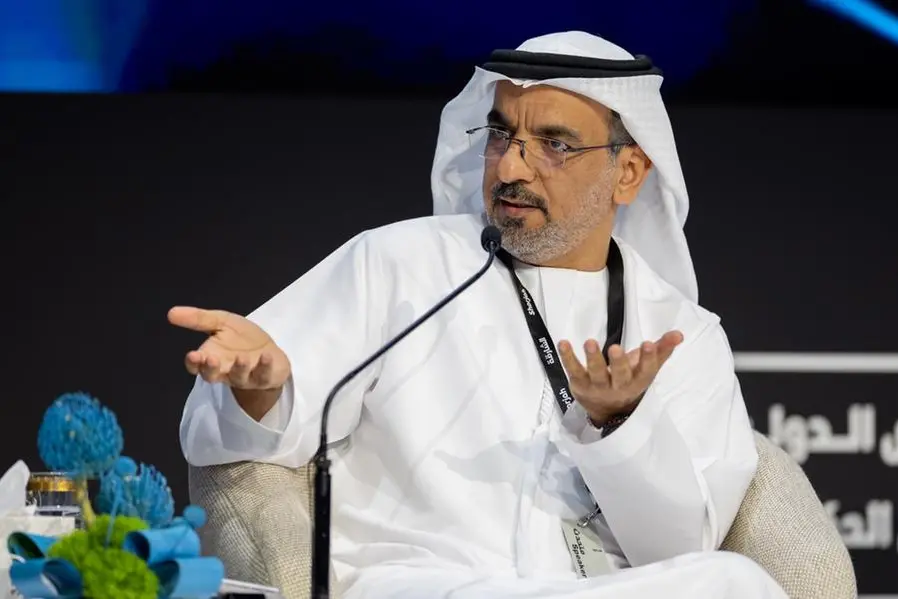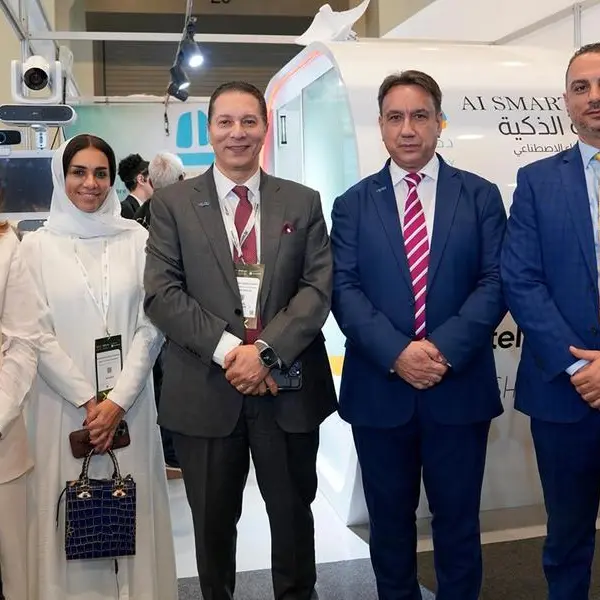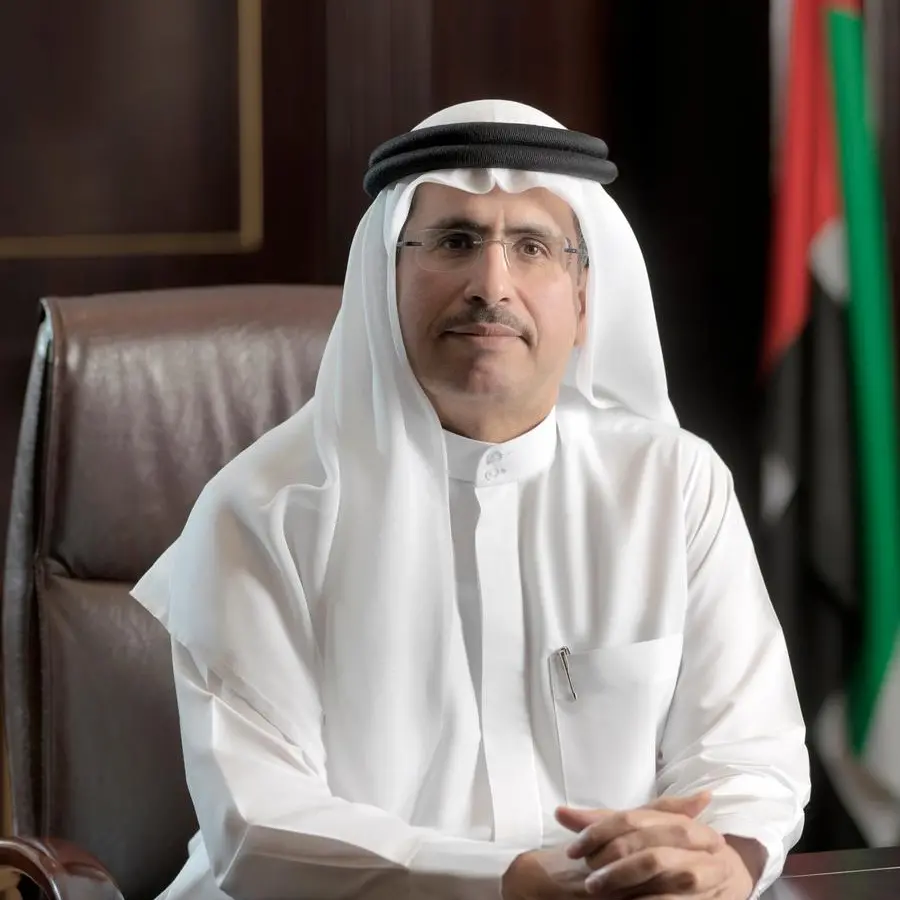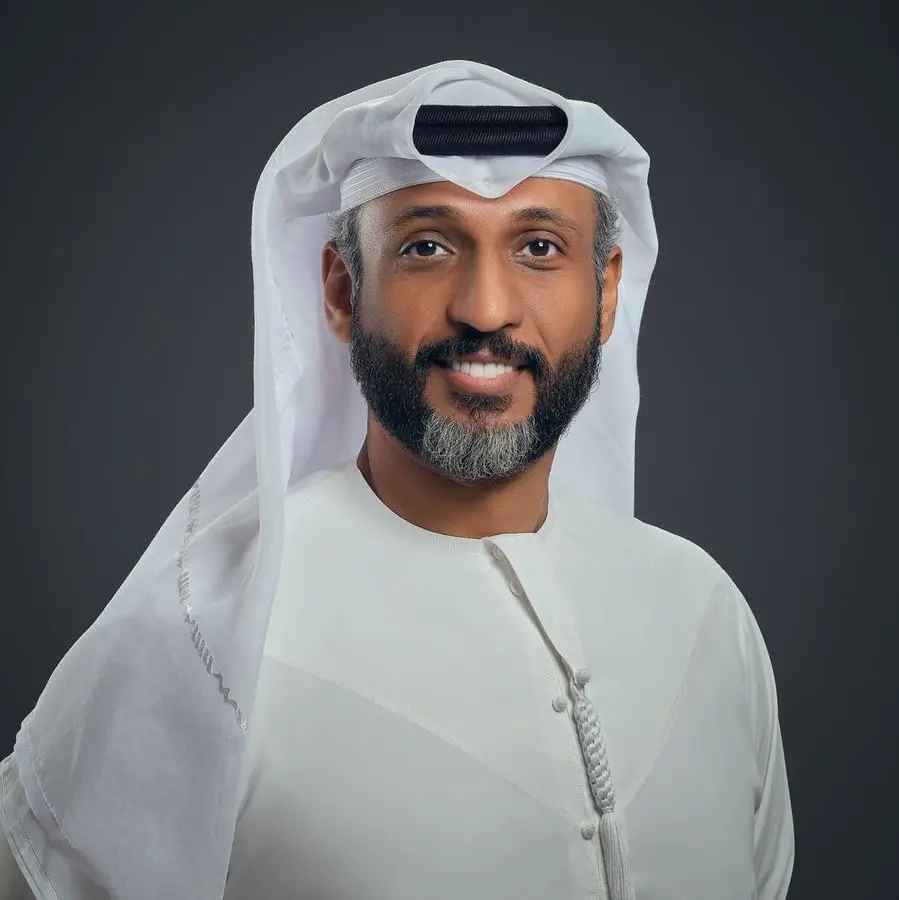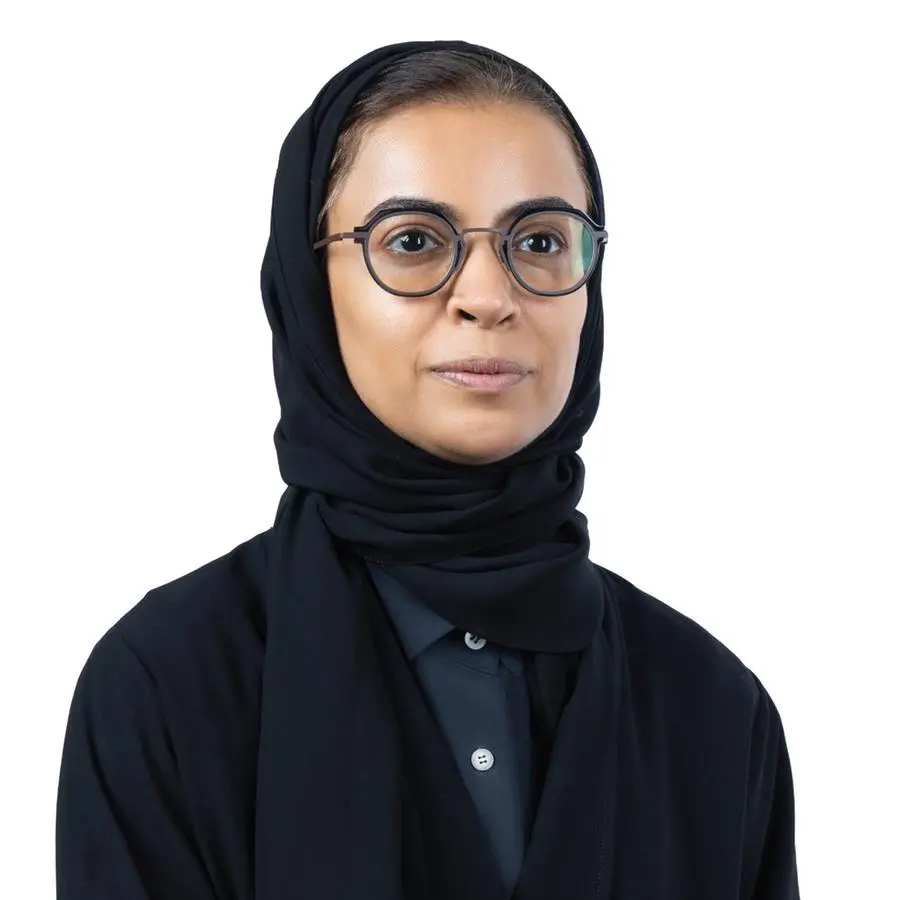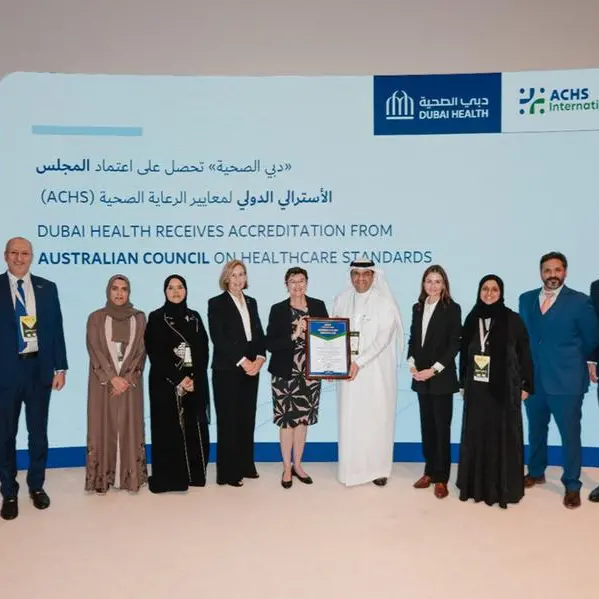PHOTO
- IGCF 2024 examines the global risks of misinformation in the digital communication age and the role of various sectors in combating it
- Academic leaders push for stronger policies and critical thinking skills among students in the age of AI and misinformation
- Experts highlight the risk posed by unfiltered social media in humanitarian efforts, urging for global cooperation to protect vulnerable populations
Sharjah: At the ongoing International Government Communication Forum (IGCF) 2024 in Expo Center Sharjah, a critical session on ‘The Information Wars and the Perils of Communication Globalisation’ - organised in partnership with du - Emirates Integrated Telecommunications Company - brought together leading UAE and international experts to discuss the growing challenges posed by misinformation and the complexities of communication in a globalised digital landscape.
The panel of experts included Dr. Jamal Al Kaabi, Director-General of the National Media Office of the UAE; Prof. Hamid Al Naimiy, Chancellor of the University of Sharjah; Helen McElhinney, Executive Director of CDAC Network, a global alliance of organisations working to ensure people can access safe, trustworthy information and communicate during crises; and Eng. Adnan Al Rais, Assistant Director-General for Space Operations and Exploration at the Mohammed Bin Rashid Space Centre (MBRSC), and the session was moderated by Emirati writer Hassan Bin Thalith.
Balancing national security and freedom of expression
Dr. Al Kaabi of the National Media Office of the UAE addressed the ongoing debate surrounding censorship on social media platforms and its implications for freedom of expression. “There is a fine line between ensuring national security and preserving freedom of speech,” Al Kaabi said. He stressed that while it is crucial to protect the public from harmful content, it is equally important to uphold transparency in the government’s media approach.
He highlighted the UAE’s proactive measures in managing communications during crises, citing the successful dissemination of accurate information during the COVID-19 pandemic. “The UAE has always prioritised the protection of its community, and this commitment was evident during the pandemic when we ensured that all sections of society received accurate and timely information”, he explained.
He also stressed the need for integrating media literacy into early education. "We must teach our citizens, from a young age, how to critically evaluate the information they encounter online. This is crucial for developing a well-informed public that can serve as the first line of defence against misinformation," Al Kaabi noted.
Academic institutions as frontline defenders against misinformation
University of Sharjah Chancellor Al Naimiy underlined the critical role that academic institutions must play in combating misinformation, particularly with the rise of AI technologies like ChatGPT. “2020 saw an unprecedented surge in misinformation, largely driven by significant global events like the COVID-19 pandemic. And In 2024, we saw a significant increase in the dissemination of false information, driven by advances in AI. There is a real fear about how deepfakes and other AI-generated content could influence academics and education. It is the duty of universities to set strict rules, policies, and procedures regarding AI use for both students and faculty,” he stressed.
As the globalised economy continues to evolve, so too must the approach to education. Al Naimiy urged universities to prioritise the development of critical thinking and problem-solving skills among students. “In today’s world, the role of educators is shifting from being mere news feeders to creating an all-encompassing pedagogical environment,” he noted, calling for the continuous training of teachers to ensure they remain agile and capable of guiding students in the use of modern communication tools.
Role of space technology in combating misinformation
Discussing the significant role that space technology plays in providing accurate information and combating misinformation, Eng. Al Rais from the Mohammed Bin Rashid Space Centre (MBRSC) said that satellites are invaluable tools in the fight against disinformation, offering a unique perspective by providing data that is otherwise inaccessible, especially in remote areas.
He highlighted the advancements made by the UAE's space program, including the development of KhalifaSat, the first satellite built entirely by Emiratis. “Our space program is not just about exploration; it’s about contributing to global efforts to provide accurate and timely information during crises,” Al Rais noted. The data collected by UAE satellites is used to support disaster management efforts worldwide, offering clear and reliable information that can counteract rumours and false narratives.
The session concluded with a consensus on the need for a multi-faceted approach to address the challenges posed by misinformation and the globalisation of communication. The panellists emphasised the importance of collaboration between governments, academic institutions, and technology providers to safeguard the integrity of public communication in an increasingly digital world.
Impact of social media misinformation in humanitarian sector
“We live in an age where news and information are disseminated unfiltered, and this has profound implications for how the public perceives truth,” McElhinney noted. While social platforms have democratised access to information, they have also facilitated the spread of misinformation, particularly during humanitarian crises, he pointed out.
McElhinney expressed concern over the recent decision by the Brazilian Supreme Court to block X, highlighting the potential consequences for freedom of expression. “While regulatory actions like these may be necessary to curb disinformation, they also risk silencing voices that rely on these platforms for communication,” she cautioned.
Giving the example of the humanitarian community, which has observed how disinformation can complicate relief efforts, making it harder for people in crisis to discern reliable information, the communications advocate noted that not only does this impact the immediate safety of those affected, but it also undermines the effectiveness of humanitarian operations. She called for collective efforts to safeguard life-saving information, particularly for vulnerable populations exposed to an overwhelming volume of synthetic media.
